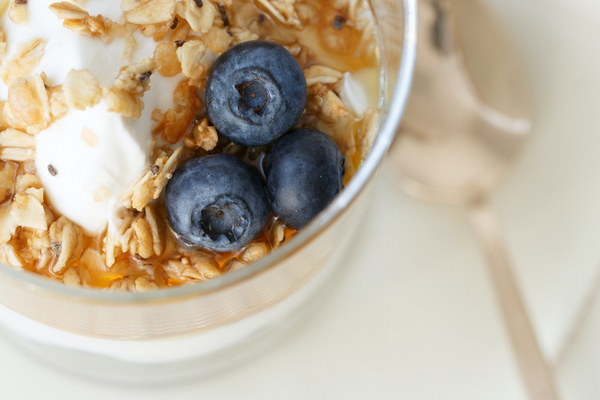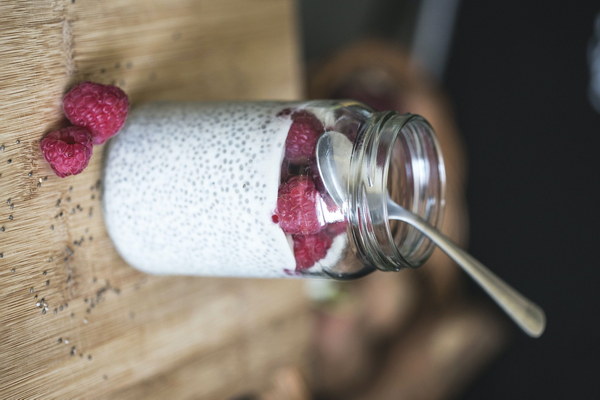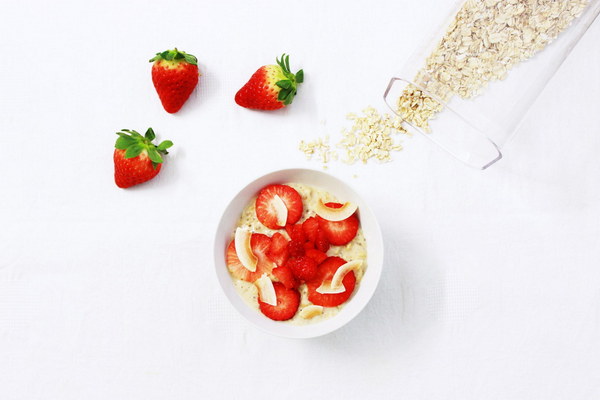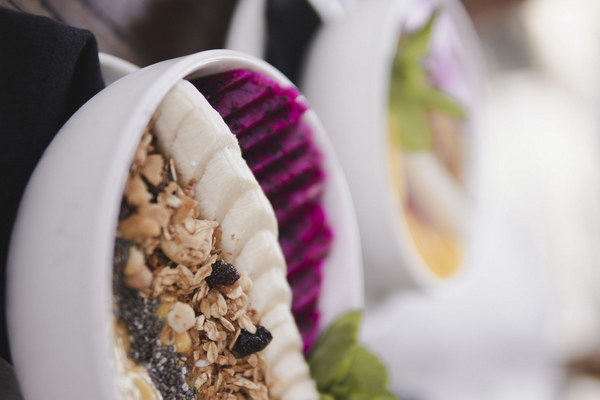Nourish Your Way to Wellness How Traditional Chinese Medicine Teaches Us to Combat Dampness with Diet
In the realm of Traditional Chinese Medicine (TCM), dampness is a common internal imbalance that can manifest in various ways, from fatigue and bloating to joint pain and skin issues. TCM views the body as an intricate system, where the balance of Yin and Yang, as well as the five elements, is crucial for overall health. To combat dampness, TCM practitioners recommend a combination of herbal remedies, lifestyle adjustments, and dietary changes. In this article, we'll explore the concept of dampness in TCM and delve into the wisdom behind using food as a natural remedy to alleviate its symptoms.
Understanding Dampness in TCM
According to TCM, dampness arises from an excess of dampness in the body, which can be caused by various factors, such as a poor diet, exposure to damp weather, or an underlying kidney deficiency. When dampness accumulates, it can obstruct the flow of Qi (vital energy) and lead to a range of symptoms. Here are some common signs of dampness:
- Fatigue and weakness
- Weight gain, particularly around the abdomen
- Bloating and fluid retention
- Joint pain and muscle stiffness
- Nausea and poor appetite
- Excessive mucus production
- Skin issues, such as eczema or acne
The Power of Food as Medicine
In TCM, food is considered a powerful tool for healing and balancing the body. The principle of using food as medicine is based on the belief that certain foods can either reinforce or alleviate specific imbalances. When it comes to dampness, certain foods can help to drain the dampness, strengthen the spleen, and boost the immune system.
Here's a list of foods that are beneficial for combating dampness:
1. Spleen-Supporting Foods: The spleen is considered the organ most affected by dampness in TCM. Foods that support the spleen, such as quinoa, sweet potatoes, and millet, can help to improve digestion and prevent the accumulation of dampness.
2. Dampness-Draining Vegetables: Vegetables like asparagus, carrots, and zucchini are known for their diuretic properties, which can help to eliminate excess fluid and reduce dampness.
3. Herbs and Spices: Herbs and spices such as cinnamon, ginger, and turmeric have warming properties that can help to dispel dampness and improve circulation. Incorporate these into your cooking or use them as a tea.
4. Pumpkin and Squash: These winter squashes are rich in fiber and beta-carotene, which can help to support the spleen and eliminate dampness.
5. Soy Products: Foods like tofu, tempeh, and edamame are not only high in protein but also believed to aid in draining dampness and strengthening the spleen.
6. Light and Easy-to-Digest Foods: Opt for light, steamed, or sautéed dishes over heavy, greasy, or fried foods, which can exacerbate dampness.
Incorporating TCM Wisdom into Your Diet
To incorporate TCM wisdom into your diet and combat dampness, follow these guidelines:

- Eat a balanced diet that includes a variety of nutrient-dense foods.
- Focus on fresh, organic produce and avoid processed and sugary foods.
- Cook with warming spices and herbs to enhance digestion and dispel dampness.
- Drink plenty of water to support kidney function and promote the elimination of excess fluid.
- Be mindful of portion sizes and avoid overeating, as this can contribute to dampness.
By embracing the principles of TCM and making conscious dietary choices, you can help to alleviate the symptoms of dampness and promote overall well-being. Remember that TCM is a holistic approach to health, so it's essential to work with a qualified practitioner to address any underlying imbalances and develop a personalized treatment plan.









